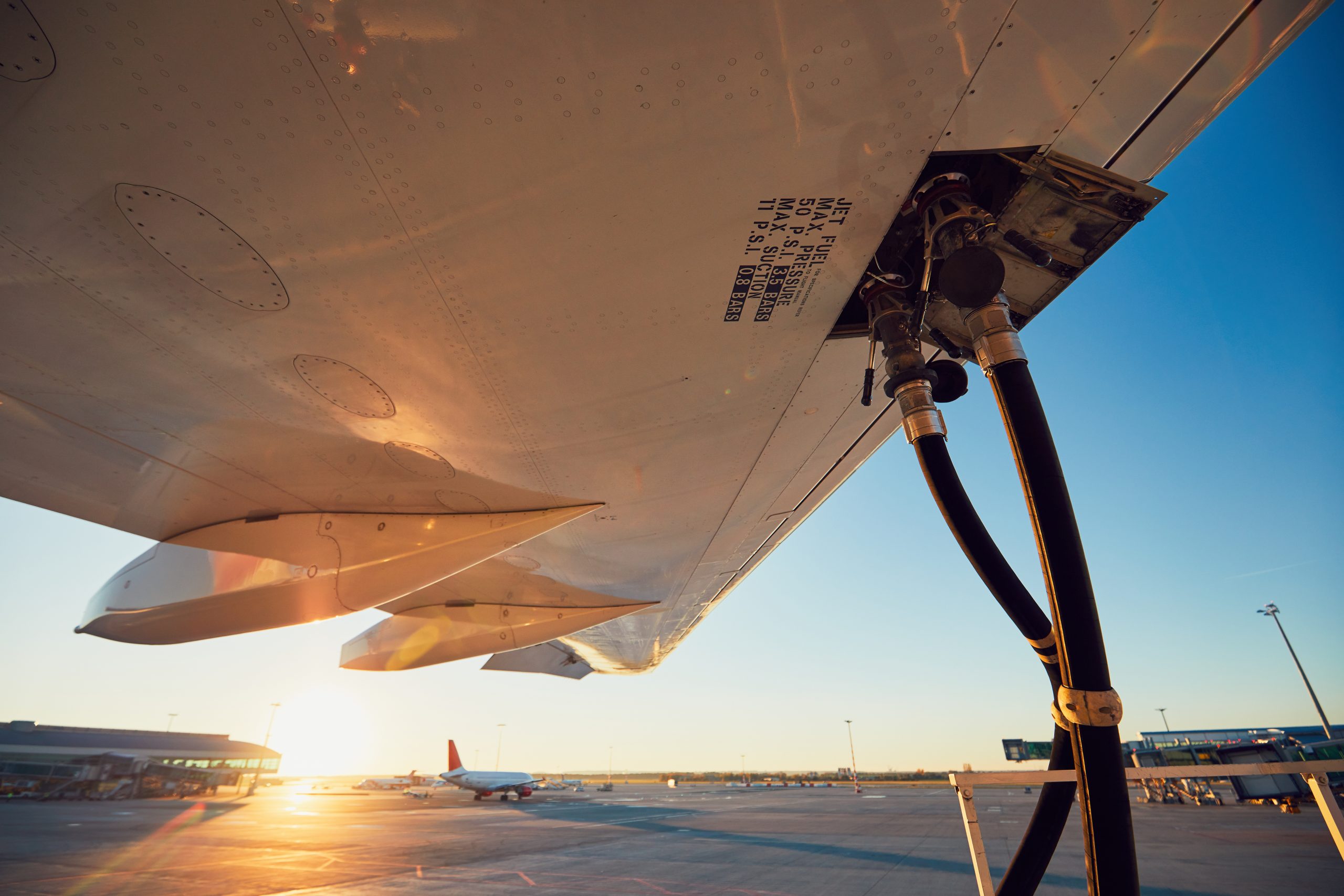Stakeholders in the air cargo industry are now making efforts for sustainable aviation fuel (SAF) to become more attainable. SAF works as a substitute for jet fuel, utilizing non-petroleum raw materials and reducing lifecycle greenhouse gas emissions. SAF is being commercialized with a system for converting carbon dioxide into hydrocarbons.
Stakeholders in the air cargo industry are funding projects for the development of SAF including pilot and demo plants, and the construction, engineering and management of SAF plants.
Thus, the implementation of SAF can decrease global aviation emissions and decarbonize the environment. These efforts can work to battle climate change.
Besides the growth of SAF in the air cargo industry, technologies with the goal of reaching sustainability have also been on the rise.
This includes hydrogen-electric engines, urban air mobility, electric regional aircraft, and carbon capture. Moreover, the push towards decarbonization for the air cargo industry has been on the rise, as well as solutions to achieve sustainability goals in the long-term.
United Airlines Ventures joins SAF project. Air Cargo News. (2022, April 4). Retrieved April 5, 2022, from https://www.aircargonews.net/policy/environment/united-airlines-ventures-joins-saf-project/

